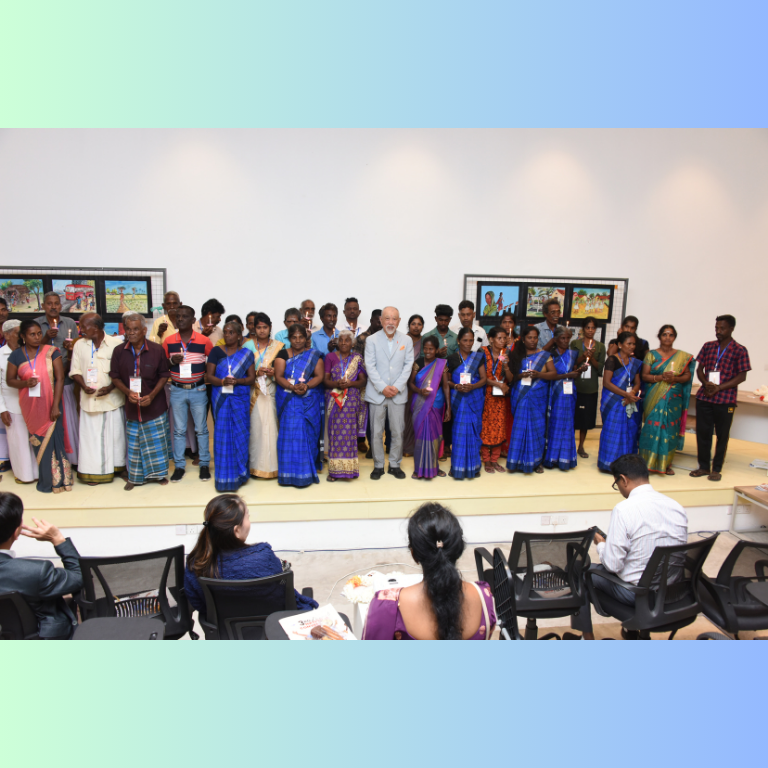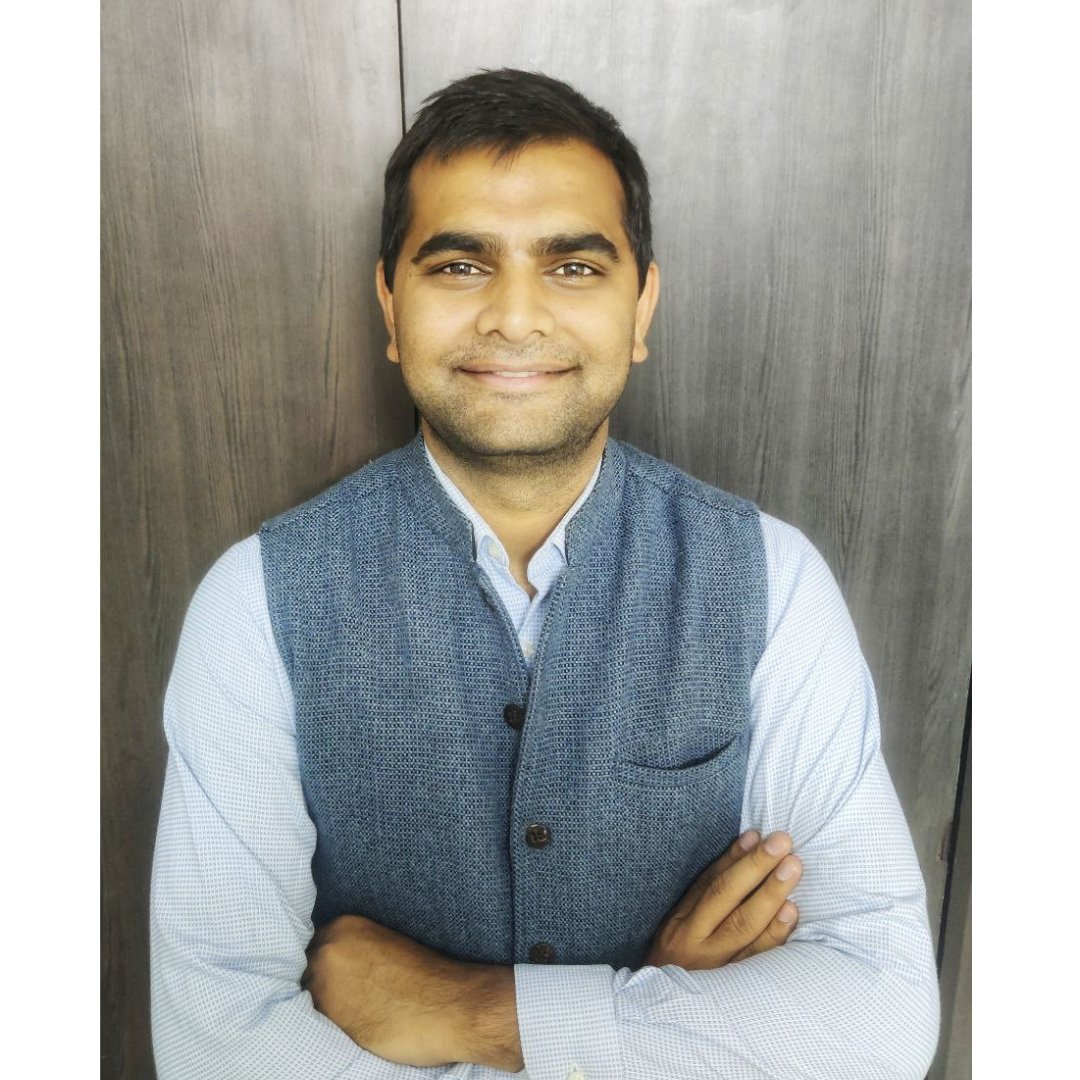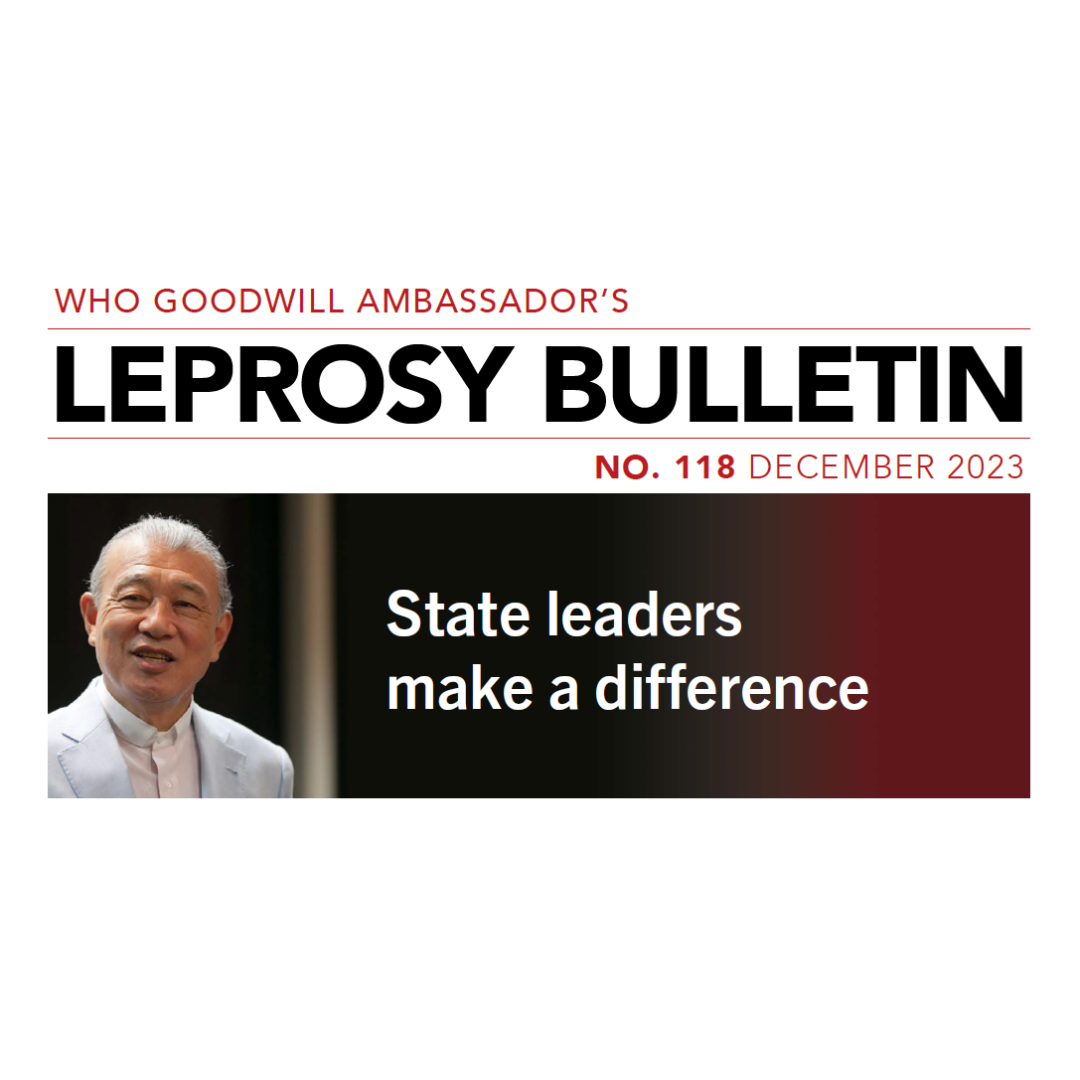
On Nov. 12, Bangladesh held the “2nd National Leprosy Conference 2023” in Dhaka. The event follows up on the first National Leprosy Conference, held in December 2019, where Prime Minister Sheikh Hasina urged all present “to build a leprosy free Bangladesh by 2030.” Encouraged by her strong message, I wanted to help, but just as discussions were starting to get underway, the COVID-19 pandemic forced all plans to be put on hold.
When I returned to Bangladesh for the first time in four years this past September, I had the opportunity to meet again with the Prime Minister. Recalling her declaration and the energy that it had set in motion, I asked her to hold another conference so that the momentum would not be lost. I emphasized that even just 30 minutes of her time would make a difference and that a directly delivered message would bring light to persons affected by leprosy who suffer from unjust stigma and discrimination. Fortunately, she agreed.
At the 2nd National Leprosy Conference, the Prime Minister called for increasing Bangladesh’s budget for leprosy elimination in order to reach zero by 2030. She also spoke passionately about the need to welcome persons affected by leprosy into the mainstream of society.
Some may see the “zero leprosy by 2030” goal as overly ambitious. I believe that debate will not reveal the goal’s value; its value will emerge as stakeholders rally around it and work to make it a reality. Personally, I will do all I can to help Bangladesh achieve its goal, and I hope that the actions taken in the direction of zero leprosy will generate models for other countries as well.

Yohei Sasakawa
WHO Goodwill Ambassador for Leprosy Elimination









